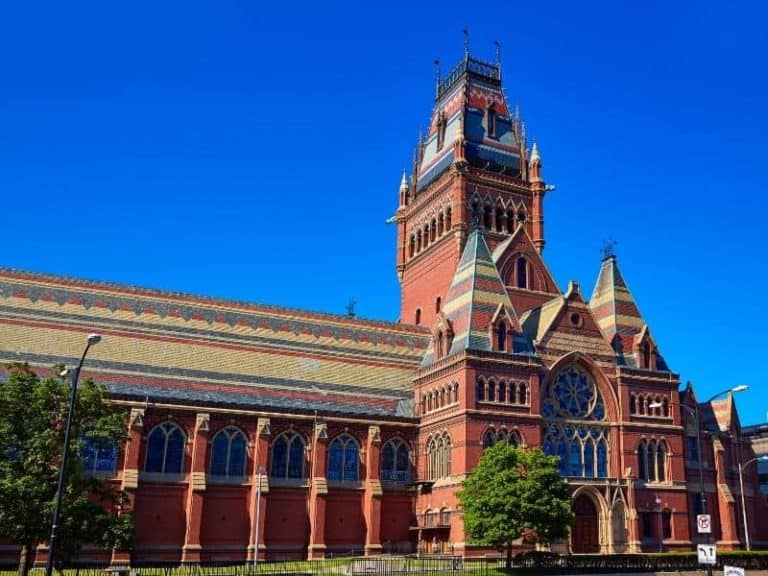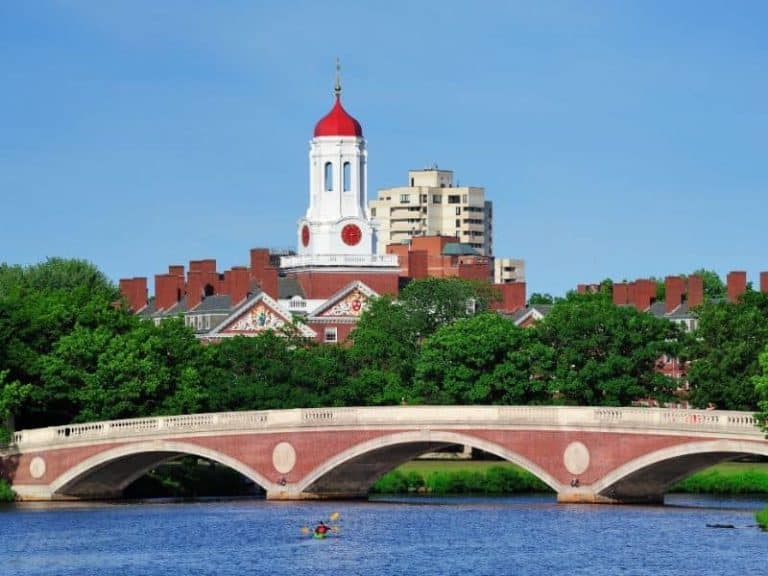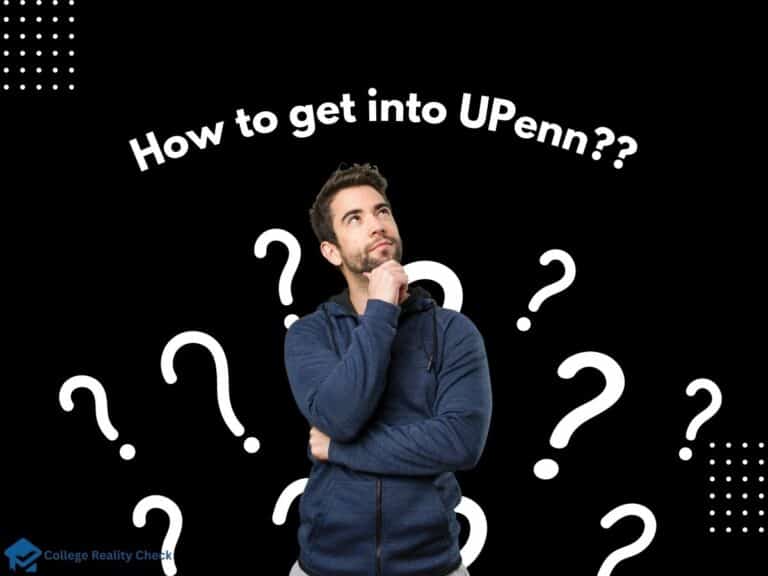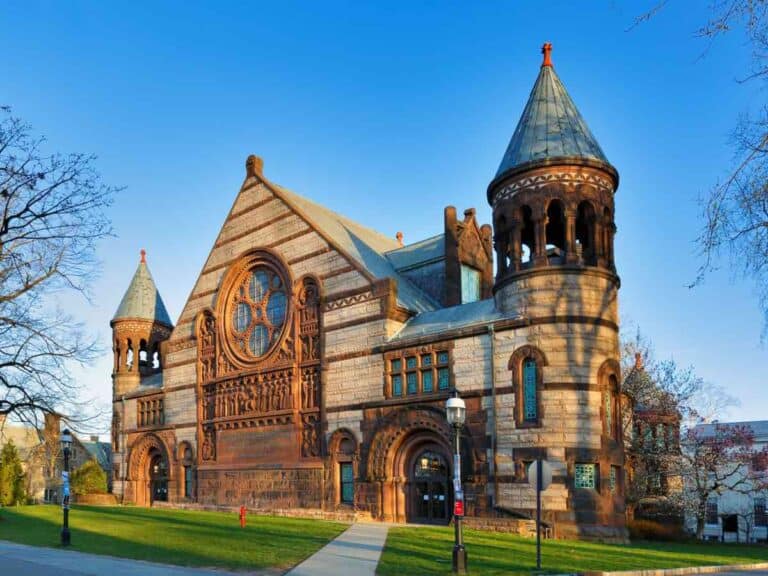Harvard Dreams vs. Reality: Can You Afford the $200K Ivy League?
Many high schoolers applying to colleges steer clear of Harvard University, and it’s for a couple of reasons.
First, its acceptance rate is only 3%.
Second, an undergraduate degree from it costs around $200,000 in tuition alone!
Congratulations if you just received an acceptance letter from Harvard — unlike 97% of all hopefuls, your application managed to grab the attention of the Ivy League’s admissions officers.
Now comes an important financial decision: is Harvard worth the money?
Around 24% of students at Harvard pay nothing, while more than 50% receive need-based scholarships — how much award money they get varies from one demonstrated need to the other.
So, in other words, it’s likely that you will not pay the sticker price.
For many, it is worth it to go to Harvard because the degrees it confer come with prestige and reliability that can boost career opportunities and earning potential.
However, it’s worth pointing out that a Harvard degree is not the only key to success and happiness.
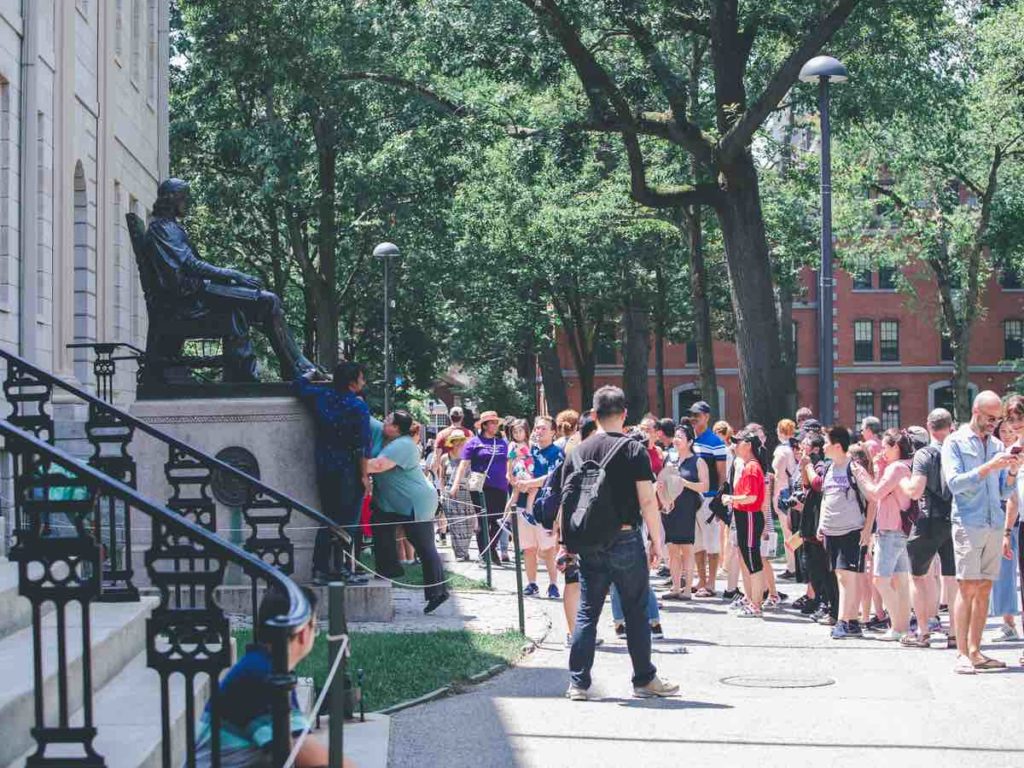
The Cost of Attending Harvard
Why is Harvard so expensive?
Harvard is a very expensive school because it’s home to world-renowned faculty members in their respective fields and state-of-the-art research and facilities — Harvard is an R1: Doctoral University.
Also, many are clamoring to attend it, which the law of demand makes perfectly understandable.
Most Recent Cost of Attendance
According to Harvard, it costs up to $87,450 to attend it per year.
Here’s a breakdown of the estimated cost of attendance (COA):
| Expense | Cost |
|---|---|
| Tuition | $54,269 |
| Fees | $4,807 |
| Housing | $12,424 |
| Food | $7,950 |
| Personal expenses | $2,500 |
| Books | $1,000 |
| Transportation | $4,500 |
| TOTAL | $87,450 |
According to the Education Data Initiative, the average cost of attending a four-year private non-profit university in the United States amounts to $54,840.
It means that Harvard’s COA is roughly 59% higher than average.
However, $87,450 is the sticker price, and most Harvard undergraduate students do not pay that much.
When factoring in costs in the college selection process, consider the net price — the estimated COA minus any scholarships and grants you are eligible for.
Click on this link to use Harvard’s net price calculator.

Advantages of Having a Harvard Degree
Many college-bound teens dream of applying to Harvard.
But given its outrageously low acceptance rate of 3%, many hearts break.
Related Article: Easiest and Hardest Ivy League Colleges to Get Into
Candidates competitive enough to get into it can benefit from shelling out around $200,000 (more if considering expenditures for four years other than Harvard tuition) for a bachelor’s degree the elite institution confers.
Pros of a Harvard Degree
Here are the positives associated with an undergraduate degree from Harvard:
- Outstanding reputation. Harvard is synonymous with unparalleled education, and its name on your resume can make it a complete standout, thus boosting your marketability.
- Strong alumni network. There are more than 400,000 Harvard alumni members worldwide, which means getting job referrals and leads throughout your career should be the least of your worries.
- Competitive graduate school application. With cutting-edge research opportunities and facilities, it isn’t surprising that holders of undergraduate degrees from Harvard get into graduate schools easily.
- Industry preference. Some industries tend to go for candidates with a degree from Harvard, including the highly competitive world of financial services and consulting professions.
- Increased earning potential. Almost 70% of Harvard graduates make $70,000 in their first year out of college, while around 30% of them make more than $110,000 a year.
Cons of a Harvard Degree
Of course, there are also some downsides to a prestigious degree, including one from Harvard:
- Costly. Failure to explore financial aid options and other ways to lower Harvard’s cost of attendance could leave you paying off educational debt for most of your working adult life.
- Aggressive competition. Given that all Harvard students are competitive, it’s no wonder that the rate of depression among its undergraduate students rose from 22% to 31% from 2014 to 2018.
- Overqualification. Refrain from assuming that a Harvard degree will always get you hired — some employers may reject you if you’re overqualified to avoid an increased turnover rate.
- Doesn’t guarantee employment. Have you already read the story of a guy who completed multiple Harvard courses with high grades and still couldn’t get a call back from employers?
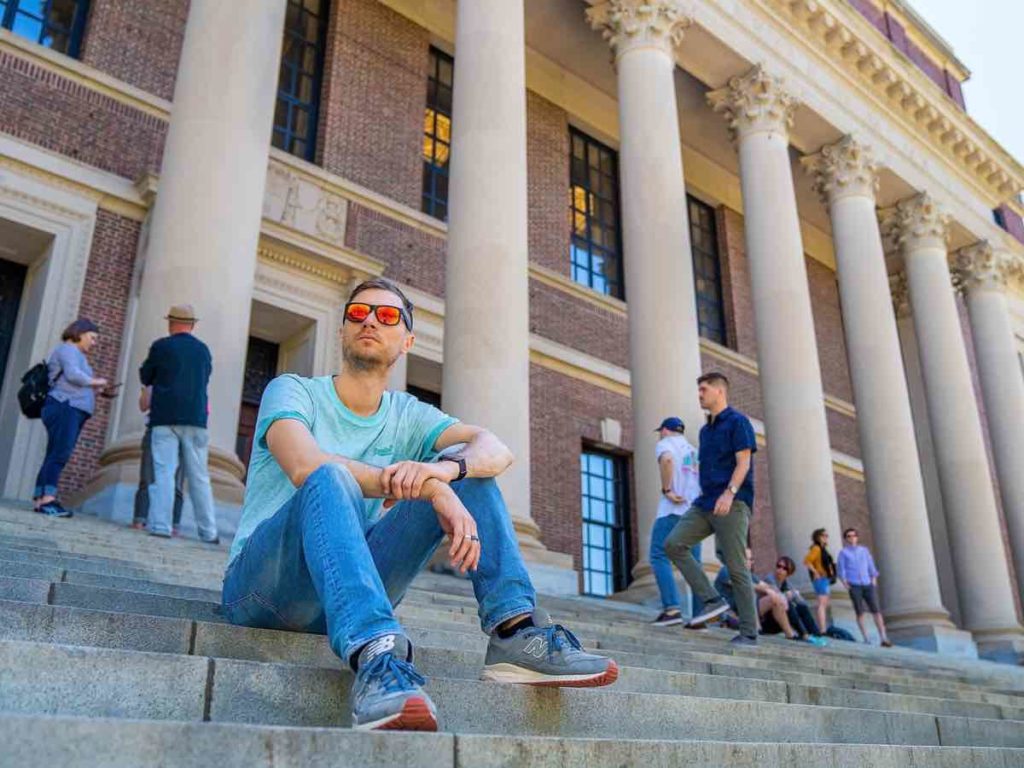
Harvard Net Cost of Attendance
It’s clear by now that Harvard University is an expensive school.
However, looking at the net price instead of the sticker price surely changes everything.
By considering financial aid from the federal government, the Ivy League itself, and outside scholarships, Harvard becomes more affordable than public state schools for at least 90% of American families.
Scholarships and Grants
Up to 55% of Harvard undergraduate students receive institutional need-based scholarships.
None of the scholarships from Harvard are merit-based.
Harvard says its commitment to making it affordable to students from low-income backgrounds is the reason that it covers 100% of their demonstrated financial need.
Is Harvard expensive?
Not for those from households making less than $85,000 a year — their families are not expected to contribute anything to the cost of their children’s attendance at Harvard.
It doesn’t mean that students whose families make more than the said amount pay the sticker price.
Families with annual incomes from $85,000 to $150,000 will contribute from 0% to 10% of their income.
On the other hand, Harvard says that those with incomes above $150,000 a year will be asked to pay proportionately more than 10% of their income, based on their individual circumstances.
Related Article: Getting a Full-Ride Scholarship to Harvard, Princeton, or Yale
Outside Scholarship
There is no data on how many of Harvard’s undergraduate students receive outside scholarships.
However, what’s certain is that Harvard allows its attendees to receive scholarship funds from external sources.
But it’s a must for recipients to report their third-party awards to Harvard because they are for educational purposes and must therefore apply toward college expenses.
It’s worth noting that any outside scholarship reduces financial need.
This means that it lowers your federal and institutional awards.
In addition, you cannot use outside scholarship funds to replace your parent’s contribution.
Federal Subsidized Loan
The amount of federal subsidized loans undergraduate students at Harvard can take out varies.
It depends on the year level they’re in.
Here’s a table of the maximum federal subsidized loan they’re eligible for:
| Year Level | Maximum Amount |
|---|---|
| Freshman | $3,500 |
| Sophomore | $4,500 |
| Junior | $5,500 |
| Senior | $5,500 |
To clarify, federal subsidized loans are need-based loans — students must demonstrate need to be eligible for it.
Although it has interest, the federal government pays for it while the borrowers are working on their college degrees. The same is true during grace and deferment periods.
It’s a different story after graduation as borrowers must repay federal loans with interest.
Student Debt
The average federal student loan debt among borrowers who completed their undergraduate degree program at Harvard is $14,000 — monthly, they pay around $148 (over 10 years at 5.05% interest).
Graduates are not the only ones left with educational debt to pay off after college.
Dropouts make repayments, too!
Among those who failed to complete their respective undergraduate degree programs at Harvard, the average federal student loan debt amounts to $11,118.
Related Article: 19 Most Stressful College Majors and How Much They Pay
Disclaimer: The views and opinions expressed in this article are those of the authors and do not necessarily represent those of the College Reality Check.
